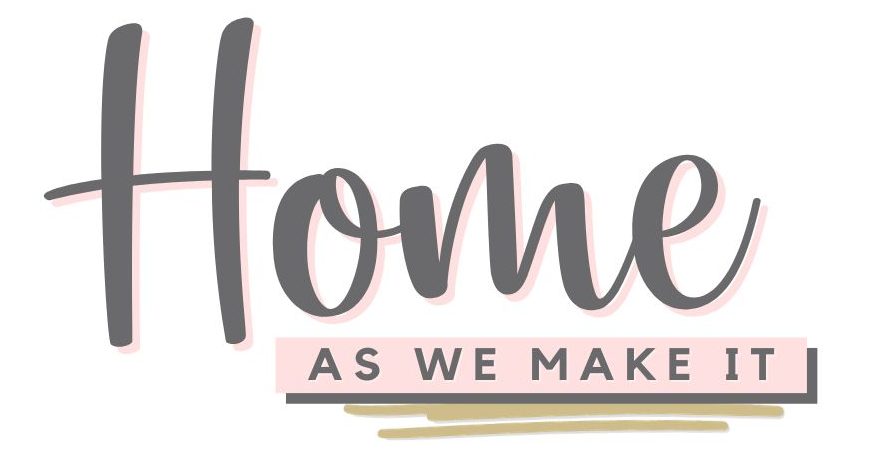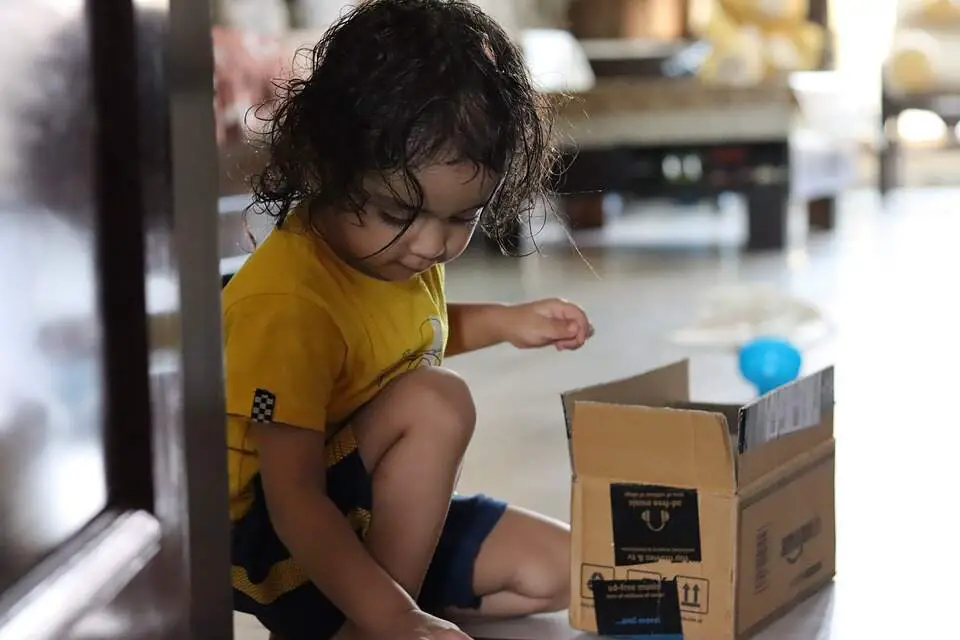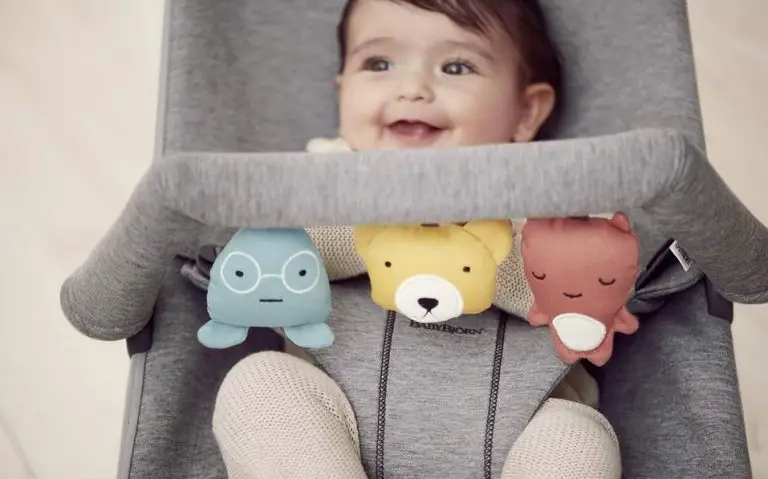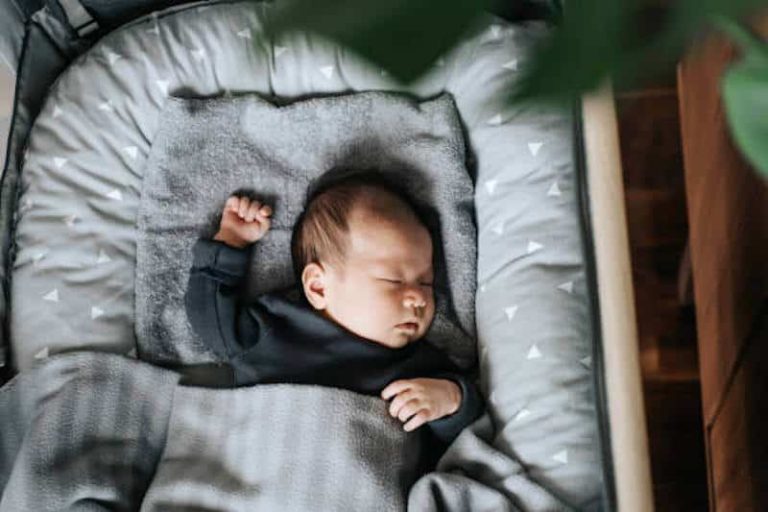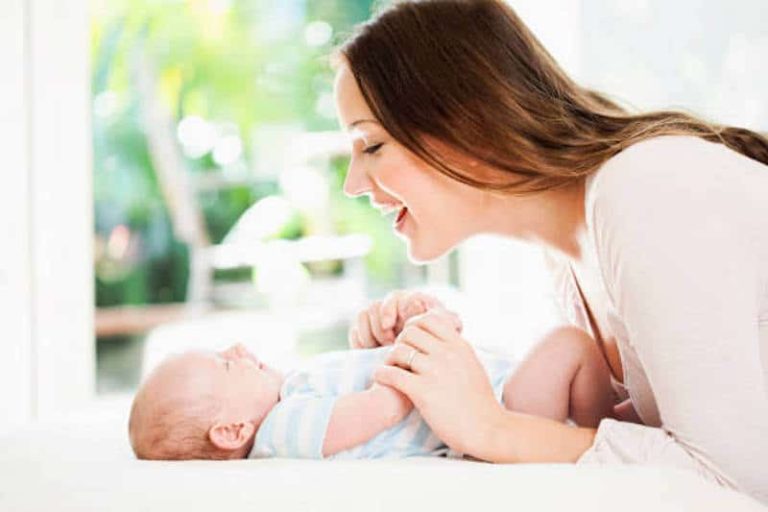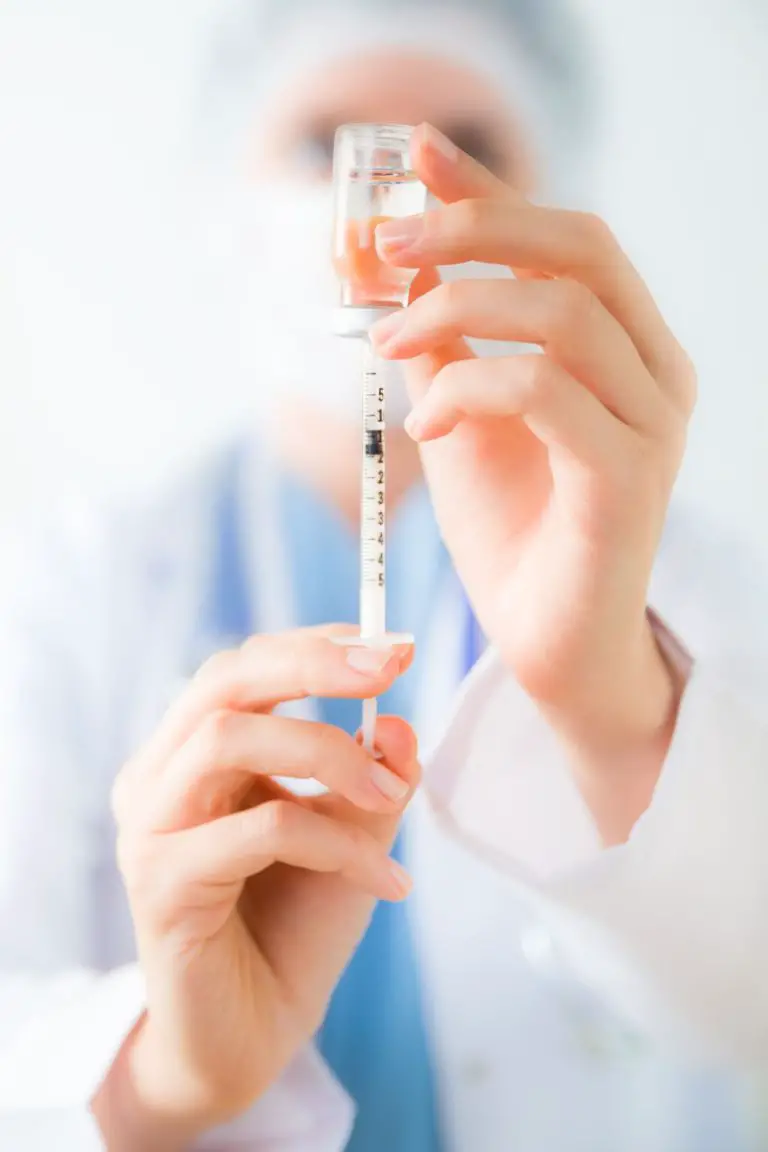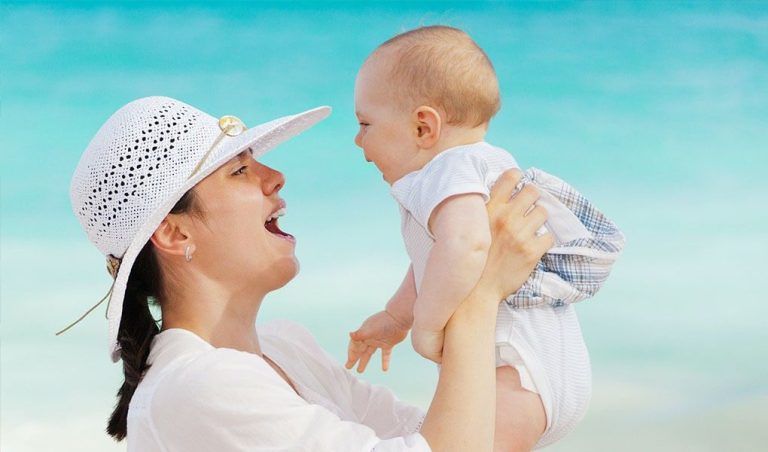Baby Ate Cardboard (What Should I Do?)
The other day, I walked into the living room and found my 8-month-old baby, Maya, chewing on something.
When I looked closer, to my surprise, it was a piece of cardboard from an Amazon package that had been left on the floor.
Note: This post may contain affiliate links, which means if you buy from my link I might make a small commission. This does not affect the price you pay. See the full affiliate disclosure here.
My heart dropped as I realized Maya had torn off a piece and decided it would make a good teething toy. I immediately swept her up and removed the slimy chunk of cardboard from her mouth.
As a parent, your mind goes to the worst case scenario. I couldn’t help but freak out.
Cardboard is definitely not food, and not something I ever imagined having to worry about my baby ingesting.
Is cardboard toxic? Can it cause choking or internal blockages? Will my baby be okay or do I need to rush her to the ER?
I took some deep breaths and decided to do some research before panicking. Here’s what I learned about what should be done if baby ate cardboard.
What Happens If Baby Eats Cardboard?
While this might be scary at the moment, the odds are your child will be just fine after eating a small amount of cardboard.
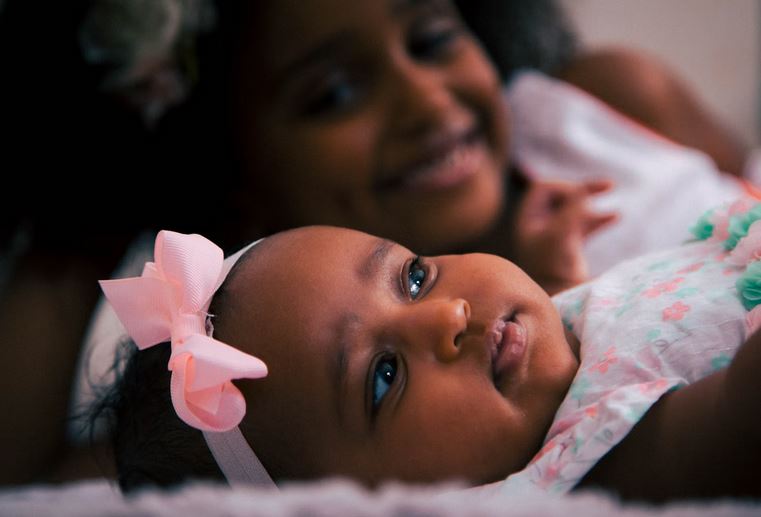
The cardboard will dissolve and pass through the digestive system within 48 hours without causing harm.
Also Read: Baby Ate Coffee Grounds
Even if the cardboard had ink, you don’t have to worry about it unless your little one ate a lot of it.
The biggest risk of baby eating cardboard is choking. However, babies have a strong gag reflex to cough up foreign objects.
That being said, if your baby ate a large amount of cardboard – like an entire box, call your doctor right away!
Why is Cardboard Dangerous for Babies?
Cardboard is not meant to be eaten. It’s abrasive, tough to chew, and can splinter into sharp chunks.
It also contains chemicals like inks and adhesives that could irritate the mouth and esophagus or potentially be toxic if consumed.
Some inks might have heavy metals and babies are especially vulnerable to heavy metal poisoning. Even non-toxic ink chemicals can be harmful if consumed in large amounts.
Plus, inks may contain chemicals that could trigger an allergic reaction if eaten, resulting in rash or breathing issues.
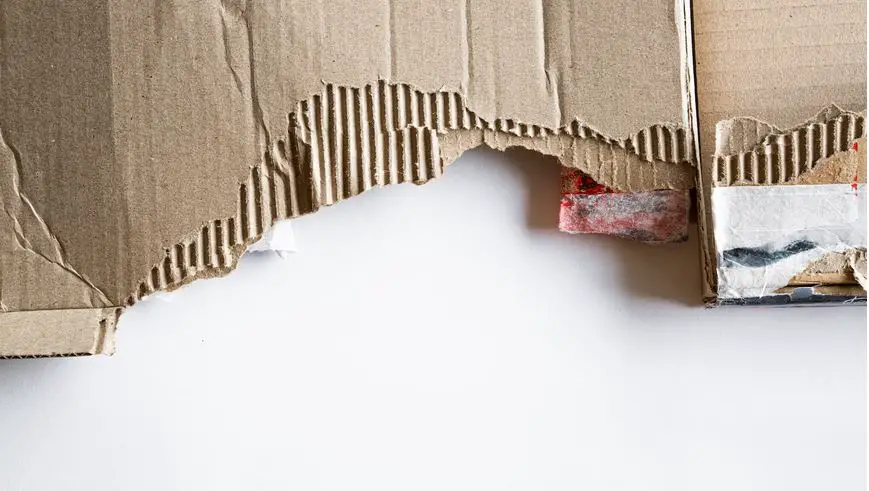
Babies who swallow cardboard are at risk for choking, internal blockages, and other injuries.
Also Read: Dog Jumped On Baby
It’s definitely not something you want your baby munching on!
What to Do If Your Baby Ate Cardboard
Here is a step-by-step guide on how to respond if your little one takes a bite of their latest cardboard discovery:
Try To Stay Calm
Babies are naturally oral explorers and it’s common for babies to chew on and swallow small amounts of cardboard as they explore objects, and they will likely be fine.
Like I said, the main risk is choking.
Check Their Mouth
Gently sweep your finger inside their mouth to remove any pieces they may be chewing on.
Also look for any remaining fragments lodged in their throat.
If the baby seems uncomfortable or is coughing/gagging, they may have a piece stuck.
Assess Symptoms
If they’re choking, use proper infant CPR techniques. Call 911 if you can’t clear the obstruction.
If your baby is showing any other alarming symptoms, call your doctor immediately and describe the situation and any symptoms you’re observing.
The doctor can advise you on next steps, which may include monitoring at home or coming into the office.
Watch Closely
Note any concerning symptoms like vomiting, diarrhea or lethargy. Call the doctor back if you notice these.
Also take the baby’s temperature if fever is suspected.
According to other parents who’ve been through this, cardboard pieces should pass through your baby’s digestive system within a couple of days.
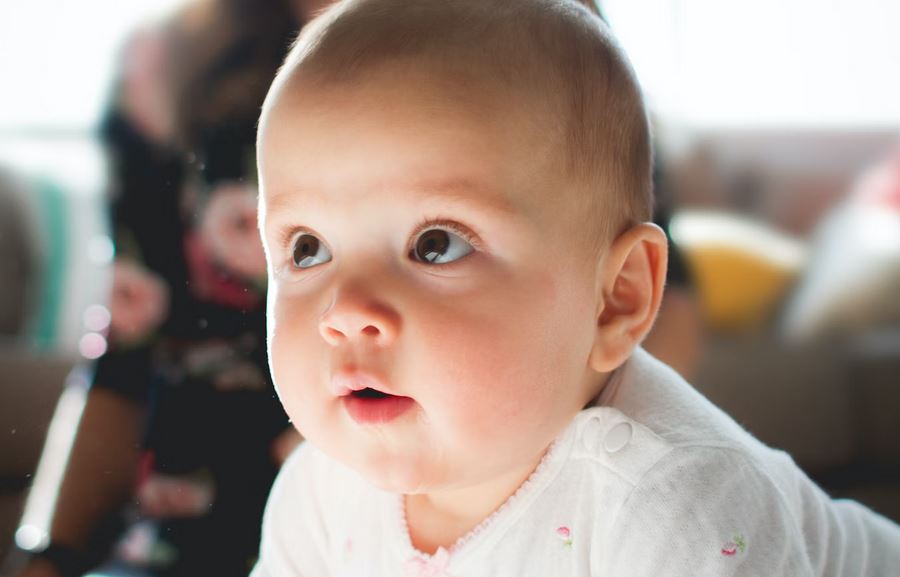
Of course, call the doctor if you have any concerns.
Also Read: Hair In Baby’s Poop
Baby-Proof Your Home
Cardboard chewing often happens when packages are left within the baby’s reach.
Be diligent about properly discarding boxes, keeping surfaces clear and putting items away to prevent repeat cardboard snacking.
Final Thoughts
Though scary at the moment, the cardboard incident proved to be a valuable lesson for me about keeping Maya’s environment safe.
After an anxious call to the doctor and some tummy time with mom, she was back to her happy, bouncy self, content with gnawing on rubber teething keys.
Whew, crisis averted!
As a new parent, you can’t prevent every potential danger, but arming yourself with knowledge helps so you can respond quickly and make sure your little one stays healthy and safe.
